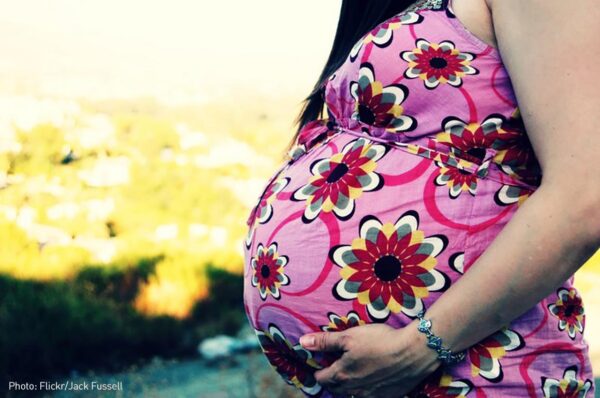Supreme Court Rules in Favor of Pregnant Workers
March 25, 2015
FOR IMMEDIATE RELEASE
CONTACT: 212-549-2666, media@aclu.org
WASHINGTON – The Supreme Court today ruled in favor of Peggy Young in Young v. UPS, a case brought by the former United Parcel Service delivery driver. Young alleged that her employer, UPS, violated the Pregnancy Discrimination Act of 1978 by forcing her onto unpaid leave while she was pregnant rather than providing temporary accommodations as it does for other groups of workers who need them.
The court disagreed with the Fourth Circuit’s 2013 decision that UPS was not required under the PDA to provide Young the same accommodations afforded to other workers temporarily unable to perform their regular duties, and sent the case back to the lower courts.
The court held that Peggy Young can prevail in the lower courts if she can show that she was denied accommodations given to others similar in their ability to work, and that her employer’s policies impose a significant and unjustified burden on pregnant workers. She can make that showing by providing evidence that the employer accommodates “a large percentage of non-pregnant workers while failing to accommodate a large percentage of pregnant workers.”
“Today’s Supreme Court decision is an important victory for Peggy Young, and for many other pregnant workers, because it makes clear that employers can’t continue pushing pregnant workers out of their jobs while providing accommodations for other, non-pregnant workers,” said Lenora Lapidus, director of the ACLU’s Women’s Rights Project. “Nonetheless, Congress should pass the Pregnant Workers Fairness Act, which will further enshrine the principle that pregnant workers should not have to choose between their jobs and a healthy pregnancy.”
Young requested a light duty assignment after her doctors recommended that she not lift more than 20 pounds during pregnancy. Under UPS policy, this accommodation would have been made available to workers temporarily unable to perform their regular tasks because of on-the-job injuries, disabilities covered by the Americans with Disabilities Act, or loss of their commercial drivers’ licenses. Instead of making reasonable accommodations, UPS put Young on unpaid leave with no medical coverage, just when she needed it most to prepare for the cost of having a baby.
The ACLU has long fought against these discriminatory practices in the courts and in the legislatures. After the Fourth Circuit ruled in Young’s case, the ACLU took a lead role in helping to pass legislation in Maryland protecting pregnant workers from discrimination. States and cities across the country have since acted on a bipartisan basis to enact such protections.
More information about the ACLU’s pregnancy discrimination work is available at:
/reproductive-freedom/pregnancy


